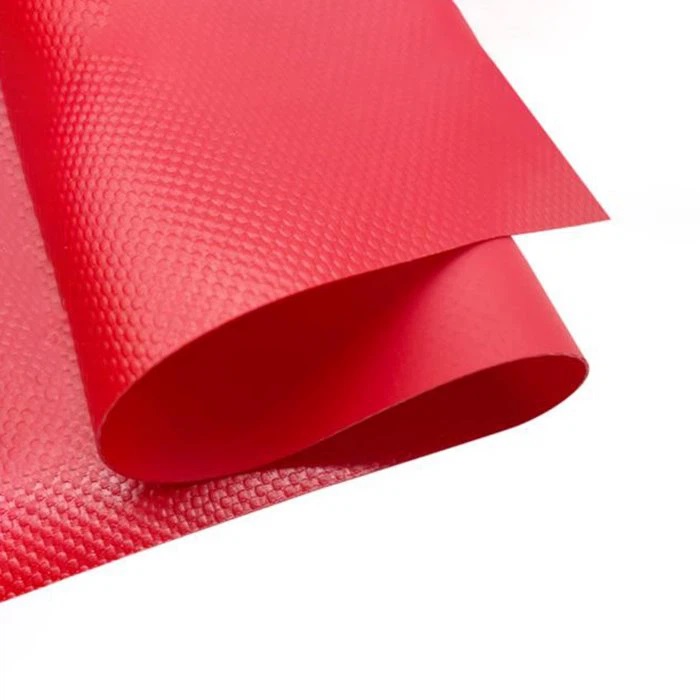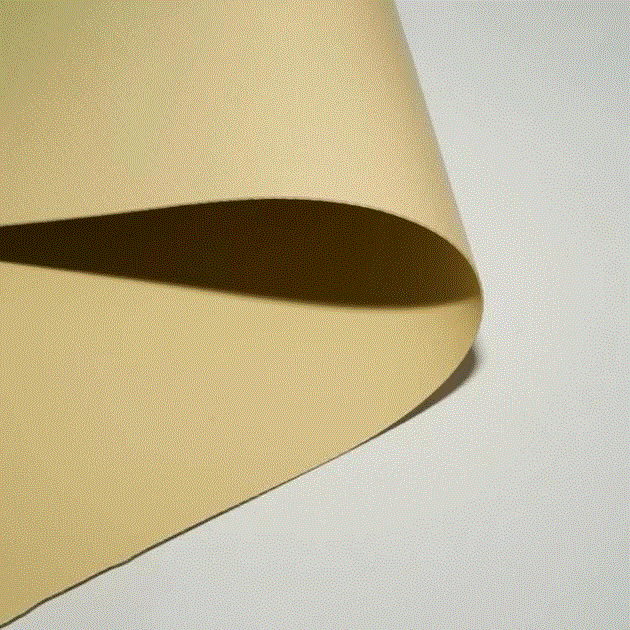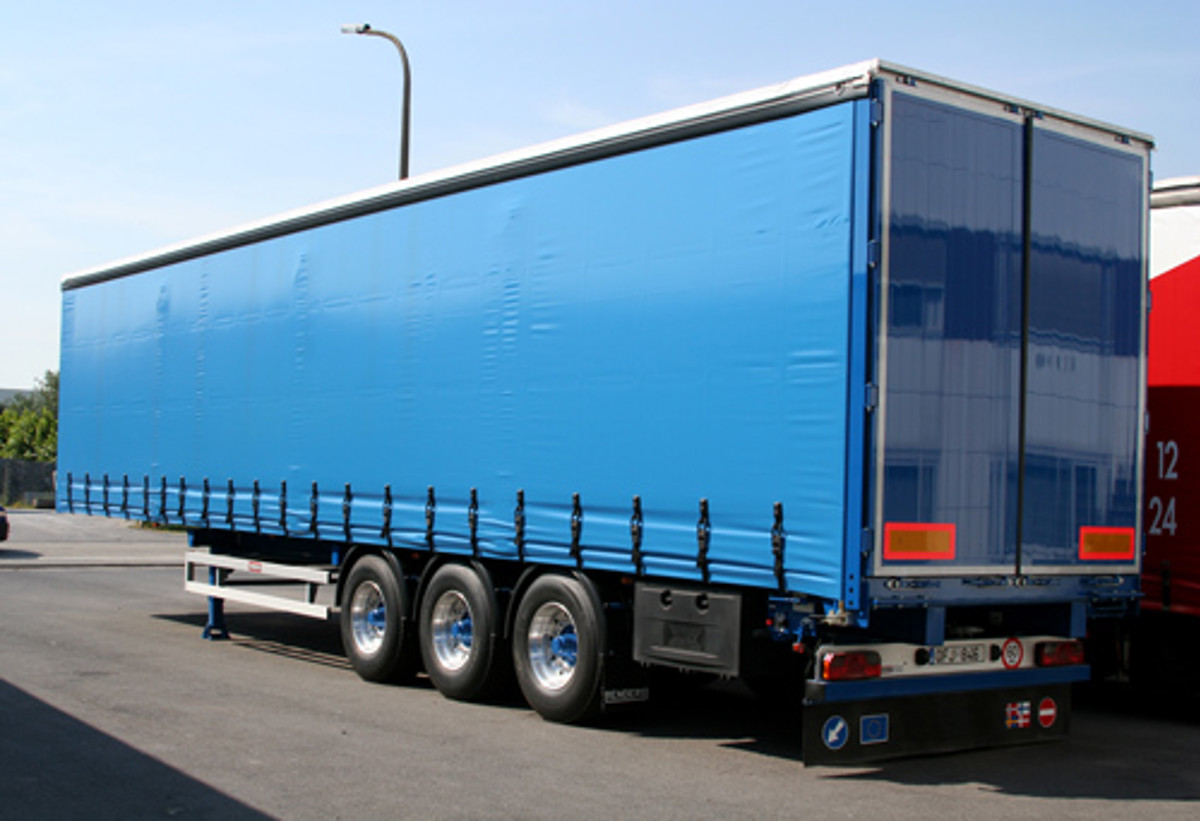Is PVC knife coated tarpaulin thinner than PVC laminated tarpaulin
Is PVC knife coated tarpaulin thinner than PVC laminated tarpaulin
PVC knife-coated tarpaulin is generally thinner than PVC laminated tarpaulin. Here’s the breakdown:
1. PVC Knife-Coated Tarpaulin
Process: A thick PVC paste is applied onto the fabric (polyester/scrim) and spread evenly using a knife-coating technique, then cured.
Thickness: Typically 0.18mm–0.45mm (varies by application).
Characteristics:
Thinner & more flexible than laminated.
Uniform coating, but slightly thicker than regular "coated" tarps.
Good waterproofing but less abrasion-resistant than laminated.

2. PVC Laminated Tarpaulin
Process: A pre-made PVC film is heat-bonded to the fabric, adding an extra layer.
Thickness: Usually 0.40mm–1.0mm+ (thicker due to the film layer).

Characteristics:
Thicker, more rigid, and highly durable.
Better tear & abrasion resistance.
Used for heavy-duty applications (e.g., truck covers, inflatable structures).

Key Difference in Thickness
Knife-coated is thinner (since it’s a direct spread of PVC paste).
Laminated is thicker (due to the additional PVC film layer).
Which to Choose?
Need lightweight & flexibility? → Knife-coated (e.g., temporary covers, light tents).
Need heavy-duty strength? → Laminated (e.g., industrial tarps, long-term use).